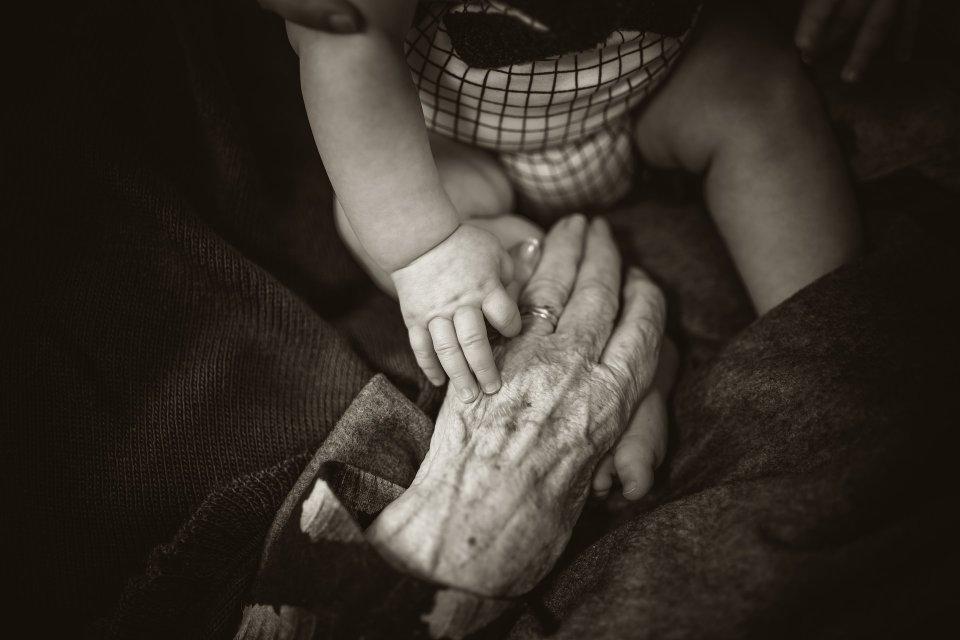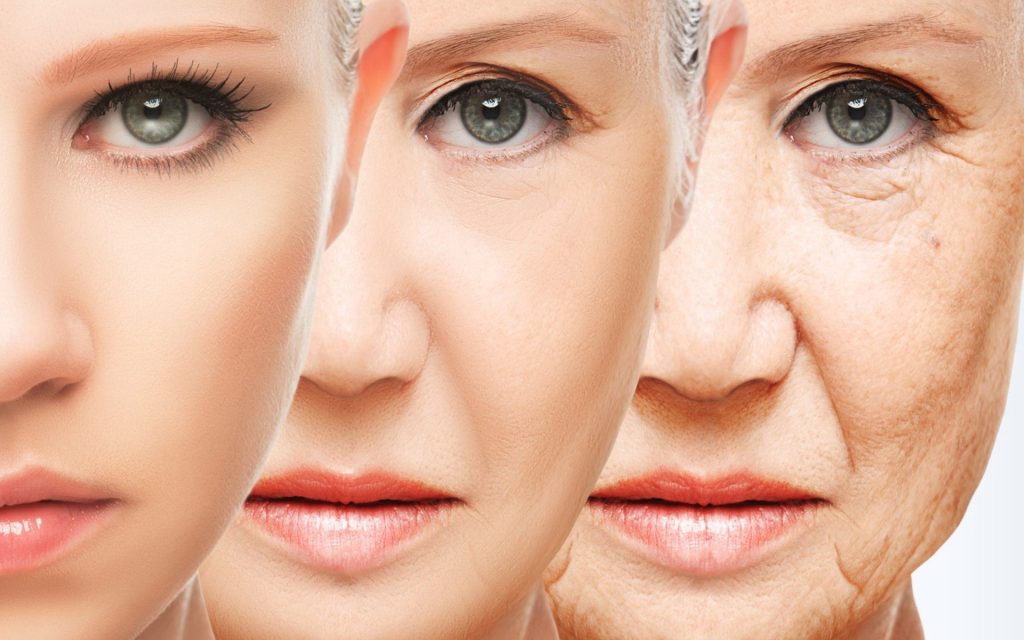I was reading a recent article in the journal Nature Aging about aging and what drives it. Researchers at Northwestern University used artificial intelligence to analyze data from a variety of sources including humans and rodents to find that the length of genes affects aging. Longer genes are linked to a longer lifespan and shorter genes are linked to a shorter one. They also discovered that over time the number of long and short genes in the cells changes and causes an imbalance.
Senior study author Luís A.N. Amaral described it really well. “Imagine a waiter carrying a big tray. That tray needs to have everything balanced. If the tray is not balanced, then the waiter needs to put in extra effort to fight the imbalance. If the balance in the activity of short and long genes shifts in an organism, the same thing happens. It’s like aging is this subtle imbalance, away from equilibrium. Small changes in genes do not seem like a big deal, but these subtle changes are bearing down on you, requiring more effort. Basically this balancing act is called homeostasis and trying to keep balanced numbers is what ages the cells. In humans they looked at genes from ages 30-49, 50-69 and over 70. They found that by the time humans reached middle age the length changes of genes had already happened.
So what does this mean for us? First of all it means that scientists could make interventions that slow down or even reverse aging. Does it also mean we need to get rid of short genes but keep the long genes so we can increase longevity? No. According to the researchers short genes deal with pathogens so they are vital in working to keep our immune systems strong. We need both but in balance. This imbalance of long and short genes in the cells doesn’t just affect how we age but how we defend ourselves from infections and how our bodies heal. As we get older that becomes harder to do. When the cells have to balance long and short genes they have and then also have to deal with healing, it makes them work even harder. That’s why older people who get cuts usually take a long time for them to heal.
Fascinating stuff and I will definitely be keeping an eye on these types of studies and feeding back to my clients. I know the big question you have is how do we balance out our genes? Now I am with you on that one, but we will just have to wait and see what the scientists come up with! In the meantime de-stressing our cells by giving them the best support is all we can do. That means eating, drinking well and exercising. As for the surface enhancements you already know I have solutions for those too.


 Alexis Pepple2024-03-09Robyn & her team are truly fantastic. They have come up with a whole skin care routine for me. I love knowing that I have a plan to accomplish the skin care goals that I want. I also love their new membership program. It is such a great value I would highly recommend.
Alexis Pepple2024-03-09Robyn & her team are truly fantastic. They have come up with a whole skin care routine for me. I love knowing that I have a plan to accomplish the skin care goals that I want. I also love their new membership program. It is such a great value I would highly recommend. Alanna Rohloff2024-03-01I’m feeling as motivated as ever to build muscle and lose body fat, working with Caitlin as my nutritionist and coach. She’s so smart and kind. I also love going into the med spa- it’s beautiful and comfortable. Highly recommend this company to anyone.
Alanna Rohloff2024-03-01I’m feeling as motivated as ever to build muscle and lose body fat, working with Caitlin as my nutritionist and coach. She’s so smart and kind. I also love going into the med spa- it’s beautiful and comfortable. Highly recommend this company to anyone. Elexis Zamora2024-02-26Robyn was Great! She answered all of my questions she was professional and listened to what I wanted my results to be. I got Botox and lip filler. I’m currently four days out and I can see results but still waiting on the Botox to kick in! But overall a clean environment cute spa! And so far I love the way my lips turned out. Great experience!!!
Elexis Zamora2024-02-26Robyn was Great! She answered all of my questions she was professional and listened to what I wanted my results to be. I got Botox and lip filler. I’m currently four days out and I can see results but still waiting on the Botox to kick in! But overall a clean environment cute spa! And so far I love the way my lips turned out. Great experience!!! vibes amanda2024-02-24The work I’ve had done here was truly life changing. Aside from the clinic being so inviting and extremely elegant, the staff is so kind and beyond talented. I’ve gotten my lips done here twice now and both times I’ve gained a new found confidence that has made all the difference in the world in my day to day life. This is the greatest investment I’ve ever made into how I feel about myself and I will continue to get all of my aesthetic work done here. I cannot recommend this place enough!
vibes amanda2024-02-24The work I’ve had done here was truly life changing. Aside from the clinic being so inviting and extremely elegant, the staff is so kind and beyond talented. I’ve gotten my lips done here twice now and both times I’ve gained a new found confidence that has made all the difference in the world in my day to day life. This is the greatest investment I’ve ever made into how I feel about myself and I will continue to get all of my aesthetic work done here. I cannot recommend this place enough! Vicious Vanity Ink Tattoo Studio2024-02-23Caitlin is absolutely amazing! She is very helpful and extremely knowledgeable! She is super supportive and is there to help you every step of the way! I highly recommend Caitlin to assist you in all your wellness and nutritional needs!
Vicious Vanity Ink Tattoo Studio2024-02-23Caitlin is absolutely amazing! She is very helpful and extremely knowledgeable! She is super supportive and is there to help you every step of the way! I highly recommend Caitlin to assist you in all your wellness and nutritional needs! Nikki Cox2024-02-23Do it! You'll love how you look after!
Nikki Cox2024-02-23Do it! You'll love how you look after! Ashley Campbell2024-02-22Everyone at Invigorate is so welcoming and kind. I got a facial with Robyn and she was wonderful and my face feel nice and fresh. Excited to continue to go back back for my other skin care needs.
Ashley Campbell2024-02-22Everyone at Invigorate is so welcoming and kind. I got a facial with Robyn and she was wonderful and my face feel nice and fresh. Excited to continue to go back back for my other skin care needs. Kathy Coffey2024-02-22Wonderful experience
Kathy Coffey2024-02-22Wonderful experience Jenny D2024-02-20Amanda is amazing and made me feel so welcome and cared for!Google rating score: 5.0 of 5, based on 111 reviews
Jenny D2024-02-20Amanda is amazing and made me feel so welcome and cared for!Google rating score: 5.0 of 5, based on 111 reviews
Site navigation
Office hours
Appointments outside these hours available upon request
Monday to Friday – 9am – 6pm
Saturday – closed
Sunday – closed